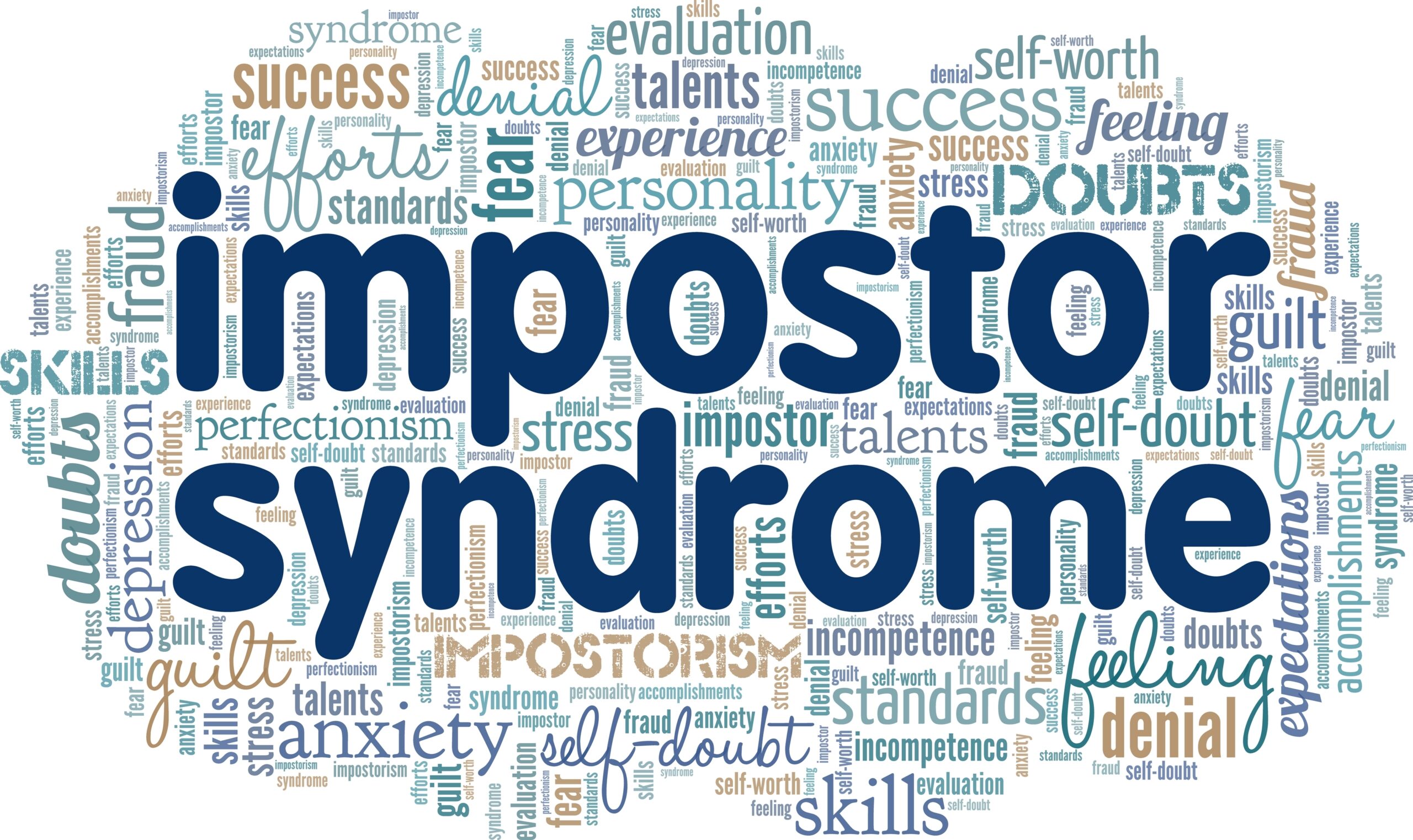


A few weeks ago, I was speaking with my client – an Administrative Director at a major medical center. While their organization has had video conferencing technology for over 10 years, most employees turn off the visual component, and only use it for its audio capabilities. So when I asked her how she’s keeping in touch with her staff, I wasn’t surprised to hear her say “Oh through email and the phone.” She, too, was in the group that was resistant to communicating through an electronic visual platform.
What is the goal of video conferencing? The main one I see is the face-to-face interaction allows for a deeper connection with the person (or persons) that are on the call. In this time of limited means of in person communication, video conferencing is the next closest thing to helping develop and maintain a human connection. It has other benefits too, including more immediate communication as opposed to electronic means via email.
Now, more than ever, people need a leader that is consistently connecting, and video conferencing is a great avenue to help provide that. Video conferencing is improving communication overall with being able to view body language. But most importantly, especially for mid-career professionals, it offers a great opportunity to enhance and strengthen some key leadership skills.
As my client and I continued the conversation on comparing and contrasting various meeting methods, I could sense her hesitation with trying to video conference with her staff, colleagues, and boss. Following a series of questions, we arrived at what advantages a virtual platform could offer her with strengthening key leadership skills.
Her list of options was exhaustive, including the following:
1) Active Listening
Can you recall a time when you went into a meeting and while you were actively talking, the other person was constantly glancing at their smartphone? How did it feel? Did it seem the person was actively listening to what you were saying? Now think about a time that you may have been the one disengaged from an in-person conversation. How do you think the other person felt?
Active listening, first and foremost, involves focusing on the individual who is speaking. And video conferencing forces that focus. The speaker and attendee(s) are more engaged because it’s easier to view body language even better sometimes than in person.
To enhance this skill the next time you are video conferencing, practice the following:
● Ensure connectivity is strong and you can hear others on the call
● Acknowledge any distractions you have and try to keep them away
● Make the viewing screen in full size so you can better see the participants
● Do your best to be fully engaged by maintaining eye contact with others
● For larger meetings, delegate a co-leader to monitor the chat box for questions/concerns
2) Executive Presence
Executive presence is a skill that can be built and learned. It’s a combination of many key leadership qualities – strong confidence, working well under pressure, effective communication, and charisma, that, all together, add up to your “wow” factor. You can see when someone has it and when they don’t. Executive presence can be built through time and hard work. Those with executive presence have the ability to inspire and motivate and, thus, exceed in leadership.
Online communication platforms, especially during this time when mistakes are more easily forgiven, make for a great practicing ground to test elements of executive presence. Ask yourself after each video call:
● Did I lead the meeting and encourage participation?
● Did I appear poised and confident?
● How did others react to what I was saying?
● How engaged was my audience?
3) Building Self-Confidence
Discomfort with seeing ourselves on video is a common issue for many. I have heard some leaders mention how presenting in person or through the phone is of no concern, yet seeing themselves on video can be almost painful. It feels too real – as if we are constantly looking into a mirror and someone will catch us in our vanity. But what we need to remember is that all of these issues are usually in our own minds and not relevant to the discussion topics on hand, nor of concern to the others present on the call.
The next time you are on screen, also remember this:
● Everyone looks different on video than in person. So, you probably are sharing similar feelings to other participants on the call.
● That the lighting, sound, picture quality, is not reflective of our appearance in person so get comfortable with how you look on the screen.
● Relax! The more comfortable you seem on the screen, the greater your self-confidence will show through!
4) Public Speaking
I have worked with many leaders who have stated that no matter how many times they present in front of any audience, a fear of public speaking still persists. Like so many skills, public speaking also takes constant practice. If you don’t use it, you lose it. So why not spend more time, while working from home, sharpening this skill and instituting new habits?
Video conferencing actually offers an advantage in this realm as it can be practiced daily, with a small audience or larger one, but in a more controlled environment. It offers the ideal transitionary step in advancing public speaking skills. Next time you are on a call, pay attention to the following:
● Are your mannerisms and body language suggesting any nervousness or discomfort? If so, make the small changes quickly and as needed.
● Are the inflections and tone of your voice where you want it to be? If not, change accordingly.
● Are you focused on yourself more or maintaining eye contact with others on the call? Keep tabs on this and adjust as needed.
The social norms of video conferencing are now being established. Don’t be a follower; Be a leader. Learn, adapt, and see how you can use video conferencing to your advantage. Use the time to not only learn the technology, but enhance other skills.
This is the time to take a step towards professional development. It’s ok to make mistakes. Even the most seasoned leaders will fumble and this is the perfect time to learn. We have a window of opportunity now for enhanced learning that will soon close. This time is a gift. Use it to be more of the leader you have envisioned yourself to be.
Let’s talk more about leadership development! Reach out to me:
Aashi Arora, MHA
www.iriseexecutivecoaching.com
aashi@iriseexecutivecoaching.com
 Preparing to Step Into CEO Roles
May 30, 2023
Preparing to Step Into CEO Roles
May 30, 2023
 Tackle Imposter Syndrome by Prioritizing This Relationship
May 12, 2023
Tackle Imposter Syndrome by Prioritizing This Relationship
May 12, 2023
 How Do You Know It’s Imposter Syndrome?
Mar 08, 2023
How Do You Know It’s Imposter Syndrome?
Mar 08, 2023
 Imposter Syndrome During a Job Transition
Jan 20, 2023
Imposter Syndrome During a Job Transition
Jan 20, 2023
 4 Strategies for A Successful Interview
Oct 19, 2022
4 Strategies for A Successful Interview
Oct 19, 2022
Please subscribe to receive a pdf of 15 Ways to Tackle Imposter Syndrome
